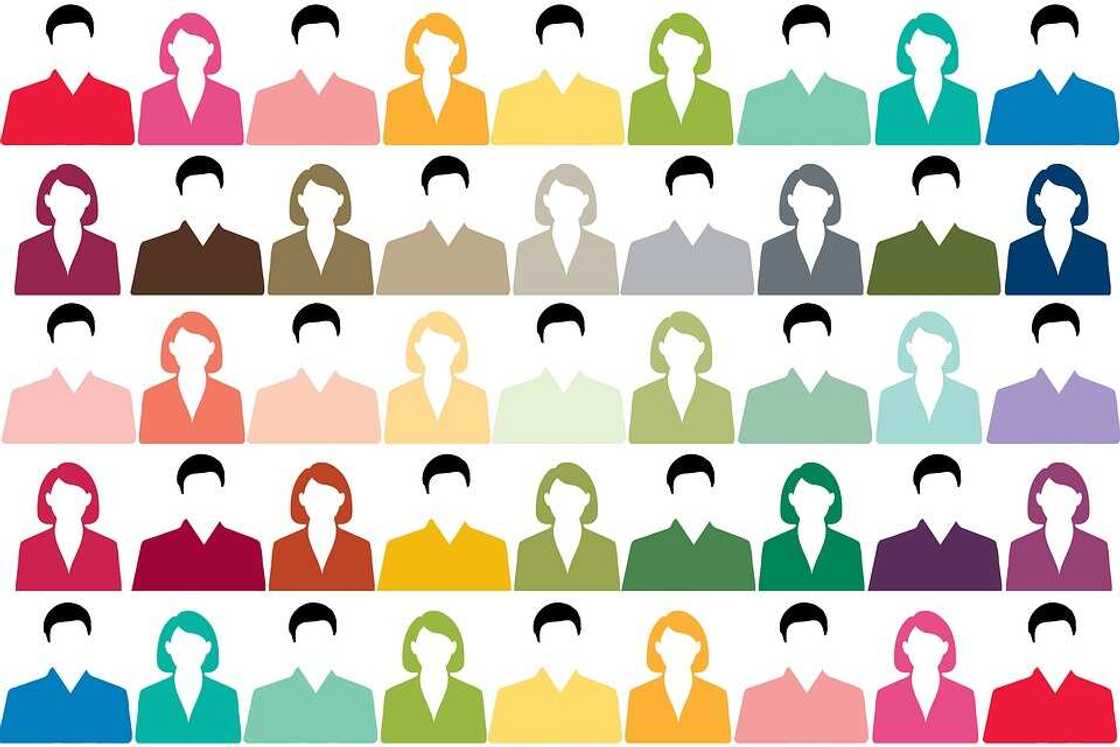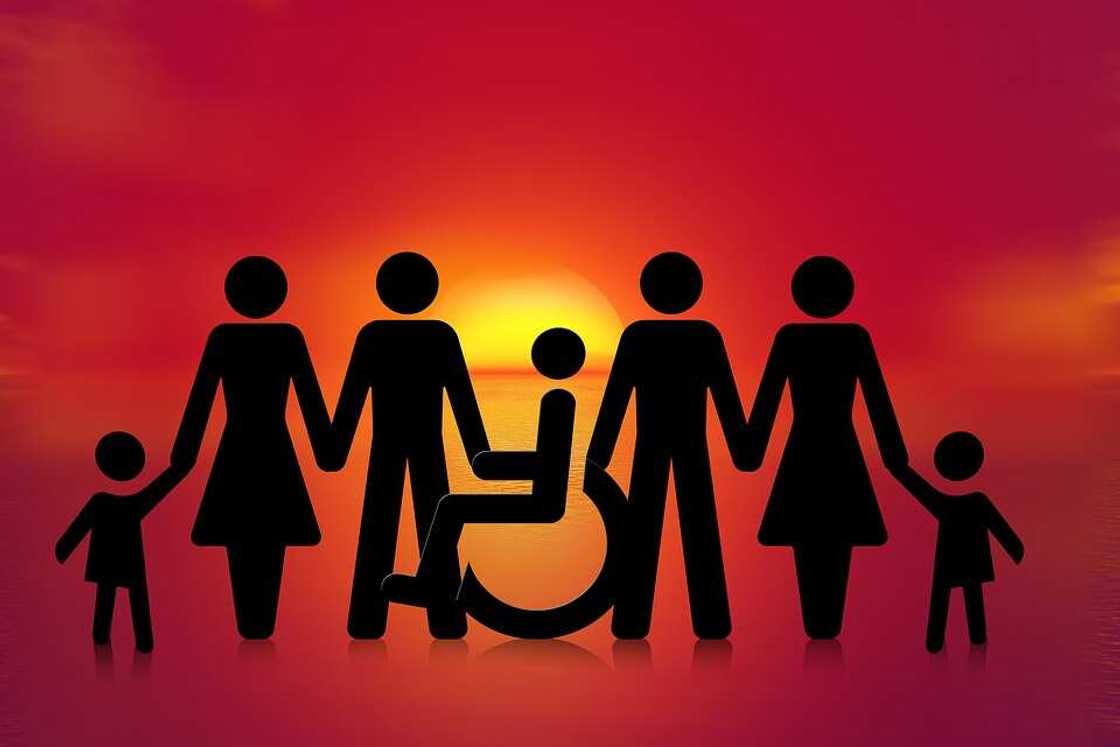Socialism pros and cons: Is it good or bad?
Socialism is one of the economic systems that people take a large interest in. Like every other system, there are people who speak in favour of it, and others who are against it. Read about socialism pros and cons, which will help you to form your own opinion on this phenomenon.

Source: UGC
The financial situation in the world undoubtedly faces multiple challenges. Socialism has been considered to improve the situation, but not everyone agrees that this economic system is the most effective one.
What is socialism?
The concept of socialism is based on an economic system that is owned by the community. This also means that the government has authority over the prices and production, and equality holds a huge significance.
Some people are certain that this system would be beneficial to society. At the same time, their opponents consider it harmful in many aspects. We have compiled a list that includes all the pros and cons of socialism. Read them to understand how this kind of economic system operates. Also, find out what it's major drawbacks are and what makes it popular among many.
Advantages of socialism

Source: UGC
Socialism has some visible strong sides that society would benefit from. Here are biggest benefits of socialism.
1. Equal access to health care and education
Both health care and education are essential in life, but they are also very costly in most countries. This leads to low levels of literacy and lack of proper medical attention for people who might need it. One of the biggest pros of socialism is making studies and medical care available for everyone, as their cost is significantly reduced. The government becomes the owner of medical facilities and educational institutions.
2. Class in society is eliminated
Financial equality is important for people who support this system. In their opinion, the enormous gap between people who live in wealth and those who struggle in poverty should be put an end to, and socialism is good because it supports people with modest earnings. Also, no one should face financial discrimination based on their race, gender, age, and other factors.
3. Earnings are balanced
If the government owns the majority of companies and industrial services, there will be more opportunities for people to access things that they would otherwise be restricted from. The tax system is more progressive, as the higher a particular person's income, the higher their taxes are. This way, the earning system would be more balanced, and no matter how much you earn, there would be a chance for you to budget your money effectively.
4. No more monopolies
In a socialist society, the government would be in control of multiple companies that provide their services to people. Therefore, it is in the government's power to regulate prices and make services affordable for most people. It is a tactic opposed to capitalism, in which business owners are in charge, so they can establish prices on their products however they want, often making them unreasonably high.
5. Taking care of the environment
Socialism is designed with the idea of working towards long-term welfare, which also applies to the environment. Instead of putting profit higher than environmental concerns, measures would be taken to limit pollution.
Disadvantages of socialism

Source: UGC
No matter how good this economy can look, there are still some things that may make it not beneficial to everyone. Here are the biggest cons of socialism.
1. Government has more control
When the government runs everything, people will not have a lot of choices when it comes to important matters. Higher institutions will basically dictate everything about the everyday lives of the citizens, which includes their housing, earnings, and medical care. People's alternate options will also be limited..
2. Tax issue
If progressive taxation has high rates, some businesses might suffer from it. For instance, entrepreneurs could become dissatisfied and discouraged if the government collects a high amount of taxes from them, so they could either step down or go abroad to establish their businesses elsewhere.
3. Worker rights
Those who criticize socialism mention that workers might demand bigger wages since unions would be more powerful. This could lead to employers being unwilling to hire other people and potentially result in economic difficulties.
4. Lack of motivation for everyone
Since services would be easily affordable and people's lives would be comfortable, they might lose the drive to work harder. Similarly, entrepreneurs would lose their drive to start businesses because it would not open new opportunities for them and would potentially lead to them having to pay high taxes.
5. The government can operate money however they like
In socialism, the government has the power to control the nation's money and spending. Officials could spend money irresponsibly since they are the ones who can choose which projects to support. This could result in inflation.
Conclusion on socialism pros and cons

Source: UGC
The system is not inherently good or bad. It has people's best interests at heart, particularly citizens who are unable to afford a comfortable life. However, it might be slightly troublesome to put all the ideas in practice.
The world has been looking into socialism as a key to a productive society. It has both strong and weak sides, just like every other ideology. Still, the concept of this economy is an interesting concept to learn from. Socialism pros and cons may be helpful in understanding the bigger picture of how our society works.
Source: Legit.ng







